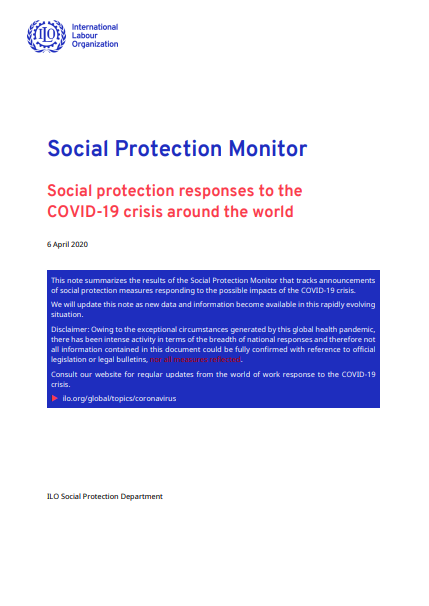Mobilizing Private Finance for Nature
By Benoit Blarel, Giovanni Ruta, Olga Gavryliuk, Pauline Poisson, Fiona Stewart, Samantha Power, Benjamin Guillon, Irina Likhachova & Lisa Choux (The world Bank Group) Biodiversity and ecosystem services, or nature for short, underpin many aspects of economic activity and are deteriorating at an unprecedented level, with potentially far-reaching implications for economies worldwide. Sustained ecosystem damage can trigger regime shifts and generate systemic impacts on human well-being and economies. For example, the degradation of natural ecosystems has been associated with an increase in the probability...




